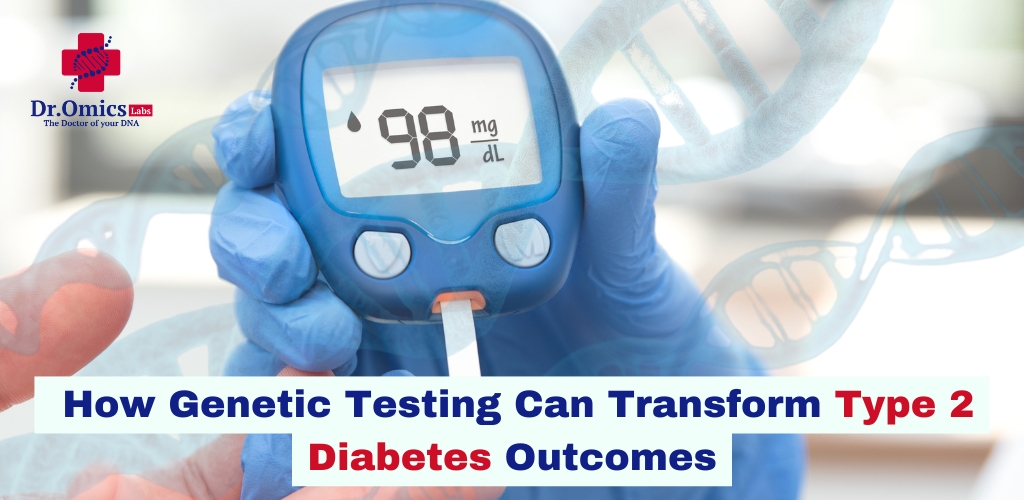Sporty Genie: How DNA Testing Helps Athletes Unlock Peak Performance
In the quest for peak performance, athletes have always leaned on rigorous training, strategic nutrition, and unwavering mental strength. While these pillars remain essential, genetic testing has opened up a revolutionary new path for athletic enhancement. By examining specific genetic markers, athletes can now customize their training, recovery, and nutrition to align with their unique […]
Sporty Genie: How DNA Testing Helps Athletes Unlock Peak Performance Read More »











